During my sophomore year of high school, I overheard a student say “I wish I came from trenches so I would have something to motivate me.”
It wasn’t the overt stupidity and ignorance of that person as they actively perpetuated stereotypes about “the trenches,” “the ghetto,” “the hood,” or any other term to describe urban neighborhoods that are usually filled with impoverished Black and Brown people that made me remember this instance so vividly.
I remember it because it was the first time I thought at Abington Friends School about a person, “What would you know about a ‘hood’? What would you know about being from there? Why even use that term instead of a neighborhood? Why would coming from a place like that be the only thing to motivate you?”
It wasn’t the first time I saw stereotypes of “the struggle” being perpetuated, but it was the first time I saw them being idealized and admired. Today, this person has clearly grown and evolved and isn’t nearly as ignorant as they previously were, but this ignorance and perpetuation of narratives still exists at AFS and still exists in the Black community to a point where young people our age are creating personas based around it.
I think most people know what a stereotypical “hood” looks like. It’s full of poor people with cracked streets, public drug dealers roaming around, and lots of crime and lots of unnecessary violence. The stereotypical people from these neighborhoods are known as “thugs” or “gangstas,” with very specific traits associated with them.
They’re usually seen as not to be messed with, a provider in their homes, and well respected in “the streets.” I don’t know when it started happening, but it started to seem “cool” to come from places like this and have the traits of people like this, especially in the Black community.
A large amount of young people specifically started to claim guns and drugs and “making it out the mud.” Even people who did come from these places but weren’t actively involved in them by having opportunities like going to great schools outside of those neighborhoods still idealized and claimed this struggle that they just didn’t experience.
For example, I’m from North Philadelphia, a place that is known as “rough” or “trench,” and while it is true that there are some of the narratives surrounding North Philly are somewhat accurate, I can’t claim living amongst drugs, guns, and whatever could be applied to the stereotypical north Philadelphian teenager. While I have seen things of that nature, I acknowledge that I’m not involved in it.
I acknowledge that I go to a private Quaker school and leave my neighborhood every day to go to a place with more opportunities than most people from where I live get. There is such a thing as being from “the hood” versus being in it. For one to act as if they are in it when they’re not is the part I have a problem with and the part I want to address.
When looking for the cause of this new culture, my first thought went to the mass media, which young people consume every day.
Between TikTok, Instagram, and especially our music, we see people who have personas that are associated with “the hood” (whether they’re real or not). We see these people making money and becoming successful off these mainstream narratives, so why wouldn’t we want to be like them?
When speaking to Mikael Yisrael, the Equity, Justice, and Engagement Director at AFS, about the cause of young people creating these personas, he says it may stem from “lack of love (self-love and others), insecurity, lack of history…the profitization of culture without giving money to the folks who created culture.”
While I believe all of those contribute, the one that stuck out the most was when he said it could be a result of “this fallacy of you have to be this and that in order to get this and that.” For example, one might believe, “I have to be hood in order for me to be masculine…I have to be hood in order for me to say I have value in certain spaces,” he says.
First, if you have to be anything you’re not in order to be respected or welcomed in certain spaces, maybe you shouldn’t be in them. Secondly, since when does being from the hood add value and respect to a human being?
I believe young Black people, especially, not all, of course, have a perverted sense and burden of authenticity, especially in predominantly white spaces. When I first entered my predominantly white school, coming from a school full of all-Black students, I remember wanting to make sure the white students specifically knew that I was not to be messed with.
I wanted to exude pride in my Black culture and where I come from, but I especially wanted to show how far I had come. I wanted to show that I was a Black girl whose family wasn’t well off enough to afford a school like the one I had entered, but I still made it against all odds.
That thinking had made me louder than I usually was, more outgoing, and more willing to act however I wanted, just so I could make sure that I could scream to the mountain tops that “I was here, and I made it by being completely and authentically me.” But I wasn’t being authentically me; I was putting on a persona of a more amplified, Black Power version of myself.
We see people today entering these white spaces, and they can truly say they made it out of the struggle. They’re authentic and real and incredibly inspirational. They make one want to have a story like that.
These are just some of the possible causes of Black people’s idealizing struggle, and there could be different causes for different people, but the impacts are all the same.
When you have a massive amount of young Black people acting “hood,” it perpetuates already existing stereotypes. Thugs, gangsters, hoodrats, ghetto, and ratchet are all already stereotypical traits assigned to Black people.
When we have young people, everyone putting on personalities that these traits can describe, it only creates more people who are scared and prejudiced towards Black people. It also spreads the mindset that the only way people can get and earn things is to struggle for them. Black people have struggled for the past 400 years.
We don’t have to struggle. It’s okay if you don’t have to struggle because that’s a great thing. But acting as if you came from “the struggle” or were involved in “the struggle” is disturbing and truly ignorant.
Clearly, this issue has been on my mind for some time now, and really, it’s because I’m disgusted by it.
Coming from “the hood” and then coming to school every day and seeing people who you know are well off and act as if they’re not is frustrating. Seeing people talking about how they’re always in “the trenches” when they live in nice neighborhoods like Glenside and Chestnut Hill when I know people who have died in those same trenches is angering.
Seeing people say things like “we run Philly” when they can leave the danger of Philadelphia whenever they want because of where they live makes me seethe.
Seeing people cosplay personalities of what they think people from neighborhoods like mine act like is nothing less than infuriating. I get it. These personas allow people to have all the great aspects of being from “the hood” like the respect and power, but none of the danger because people aren’t actually in.
I understand going to Strawberry Mansion gives people a rush of rebellion, and running around in Kensington gives a spike of adrenaline, but hoods and all the problems that come with them are real.
I just believe if someone isn’t experiencing those problems, isn’t in those neighborhoods, and isn’t actively participating in things they claim to be i.e., drugs, guns, and whatever else, they shouldn’t be acting as if they are.
People from the hood are not costumes. Let’s stop treating them as such.
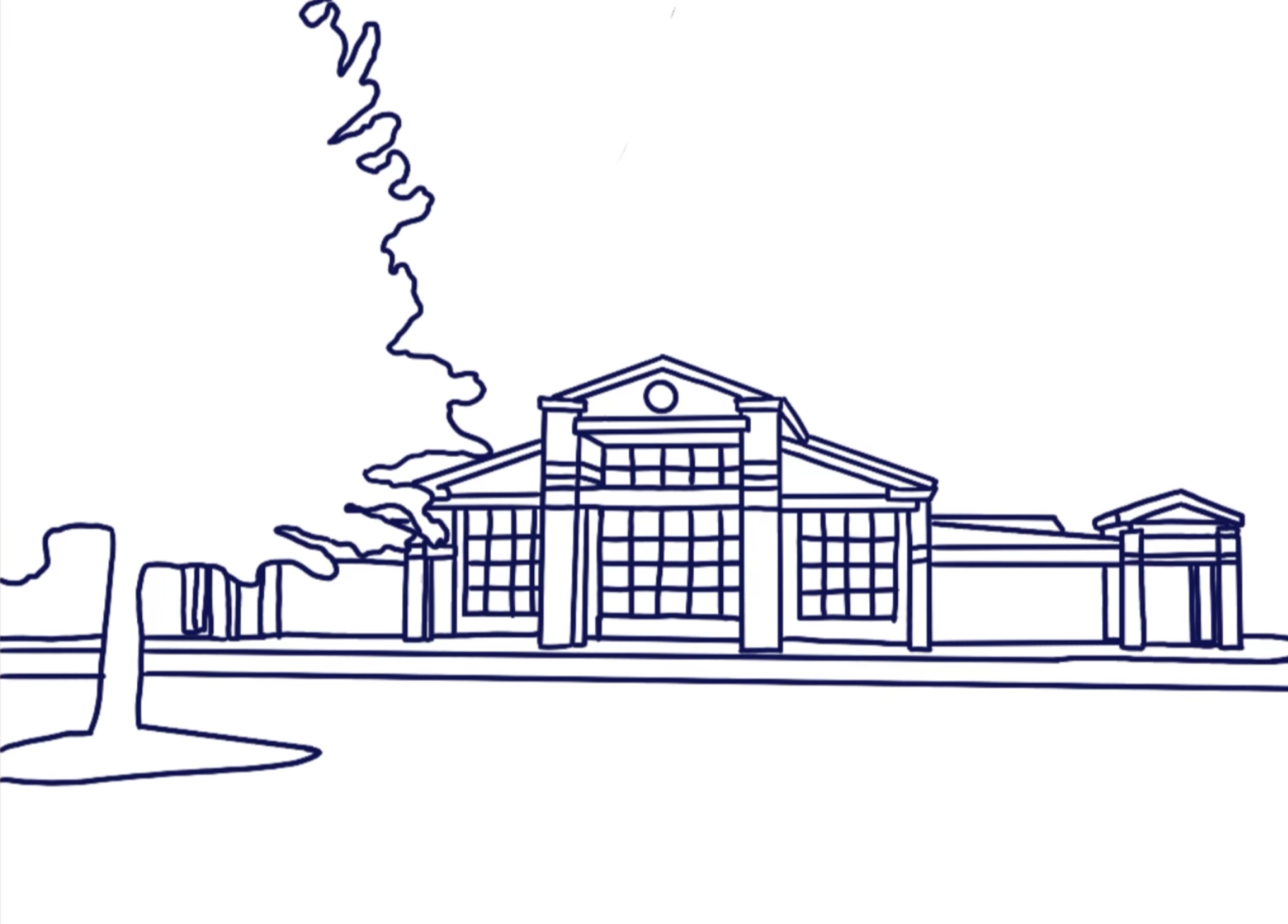
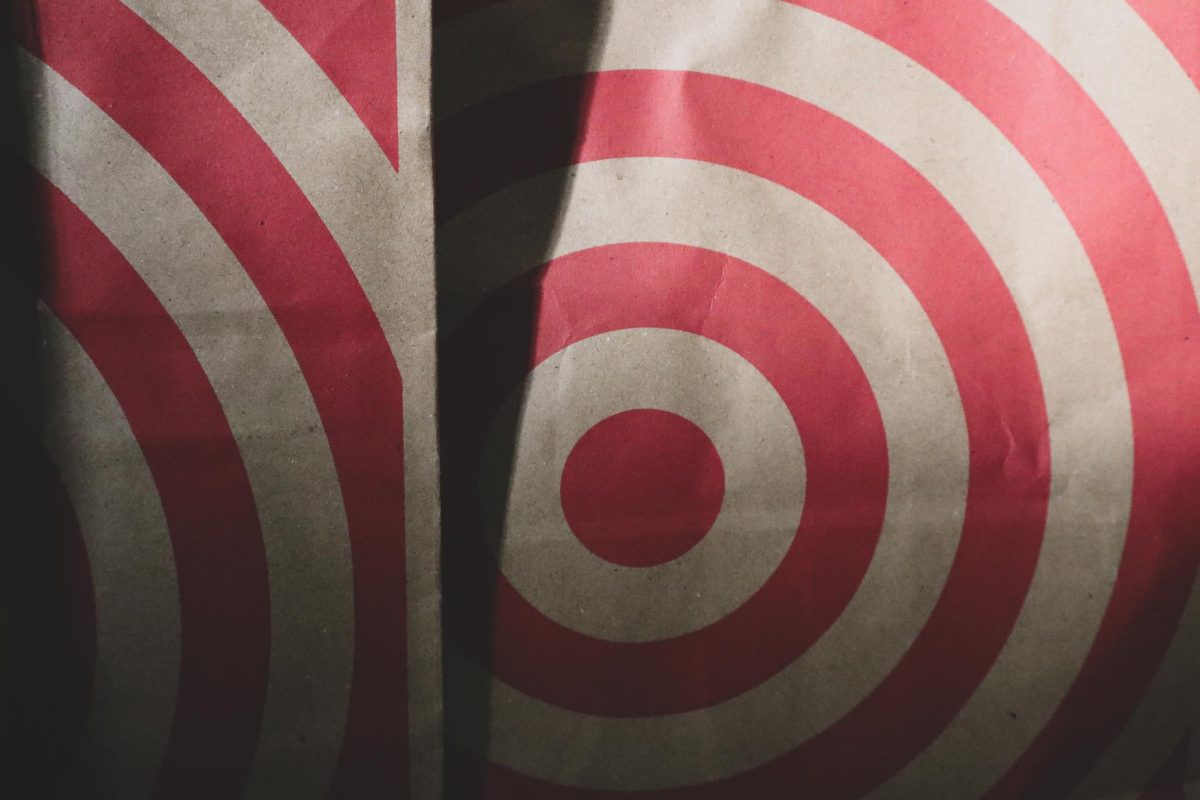
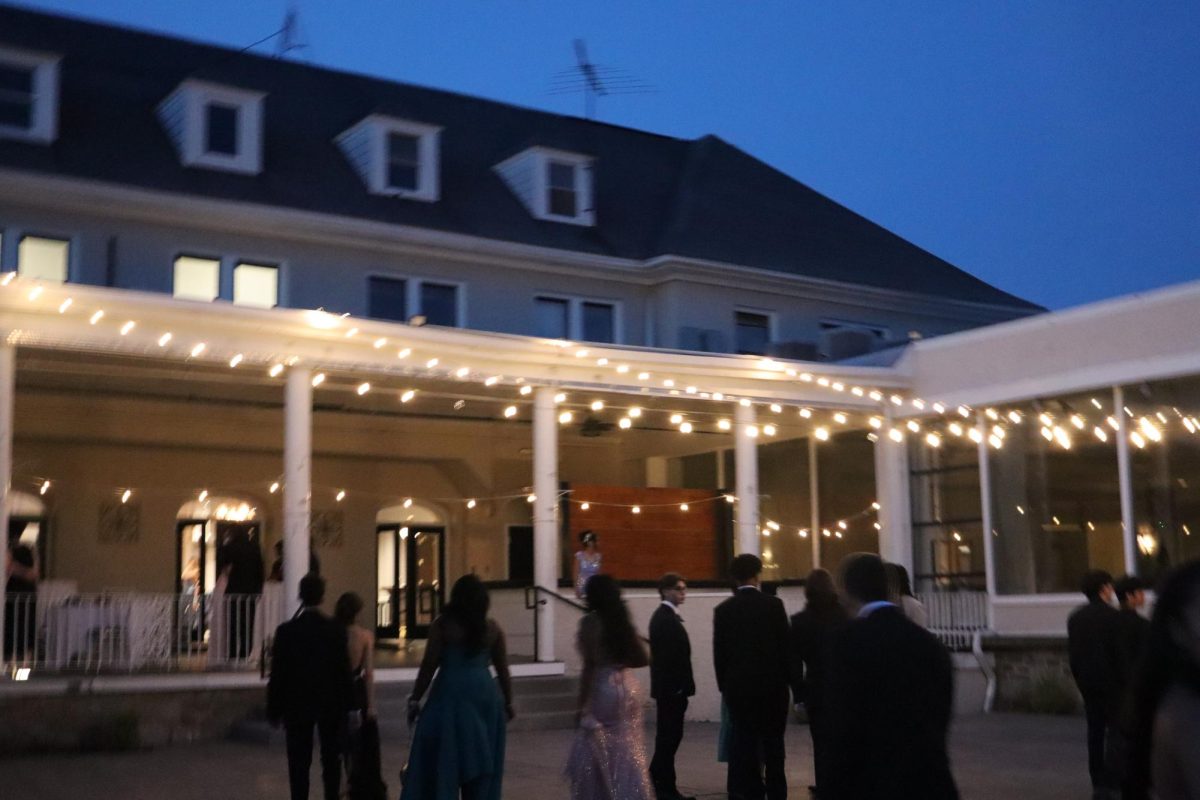
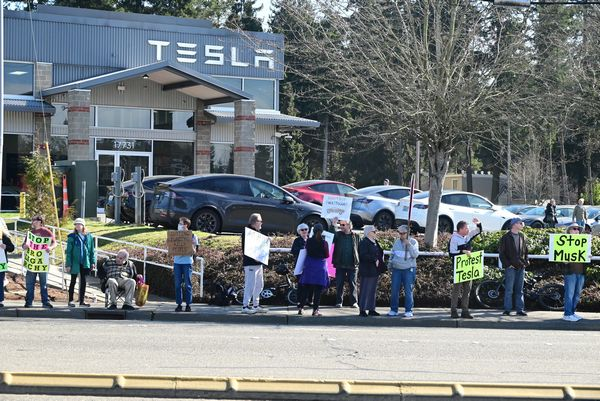
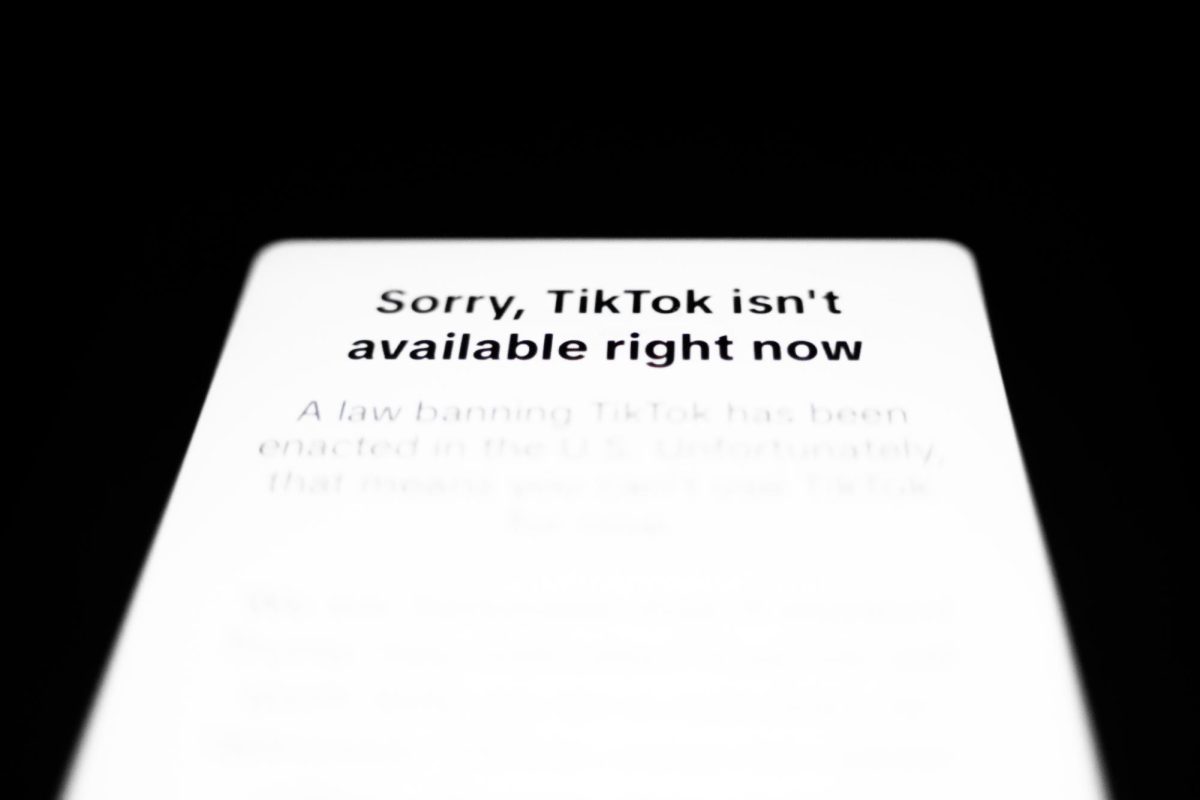
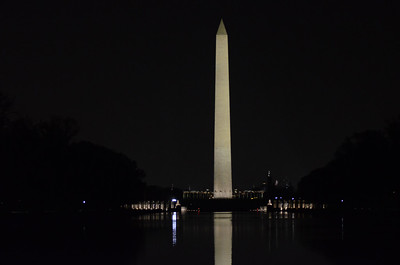
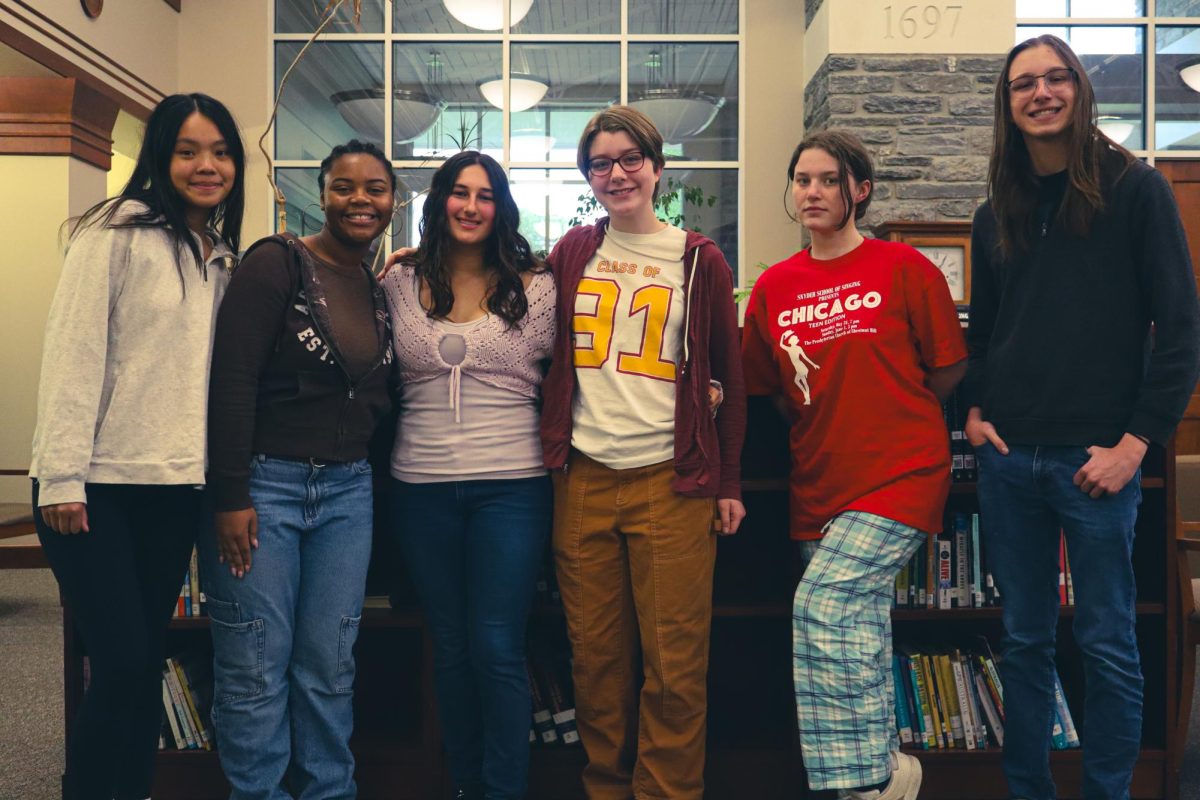
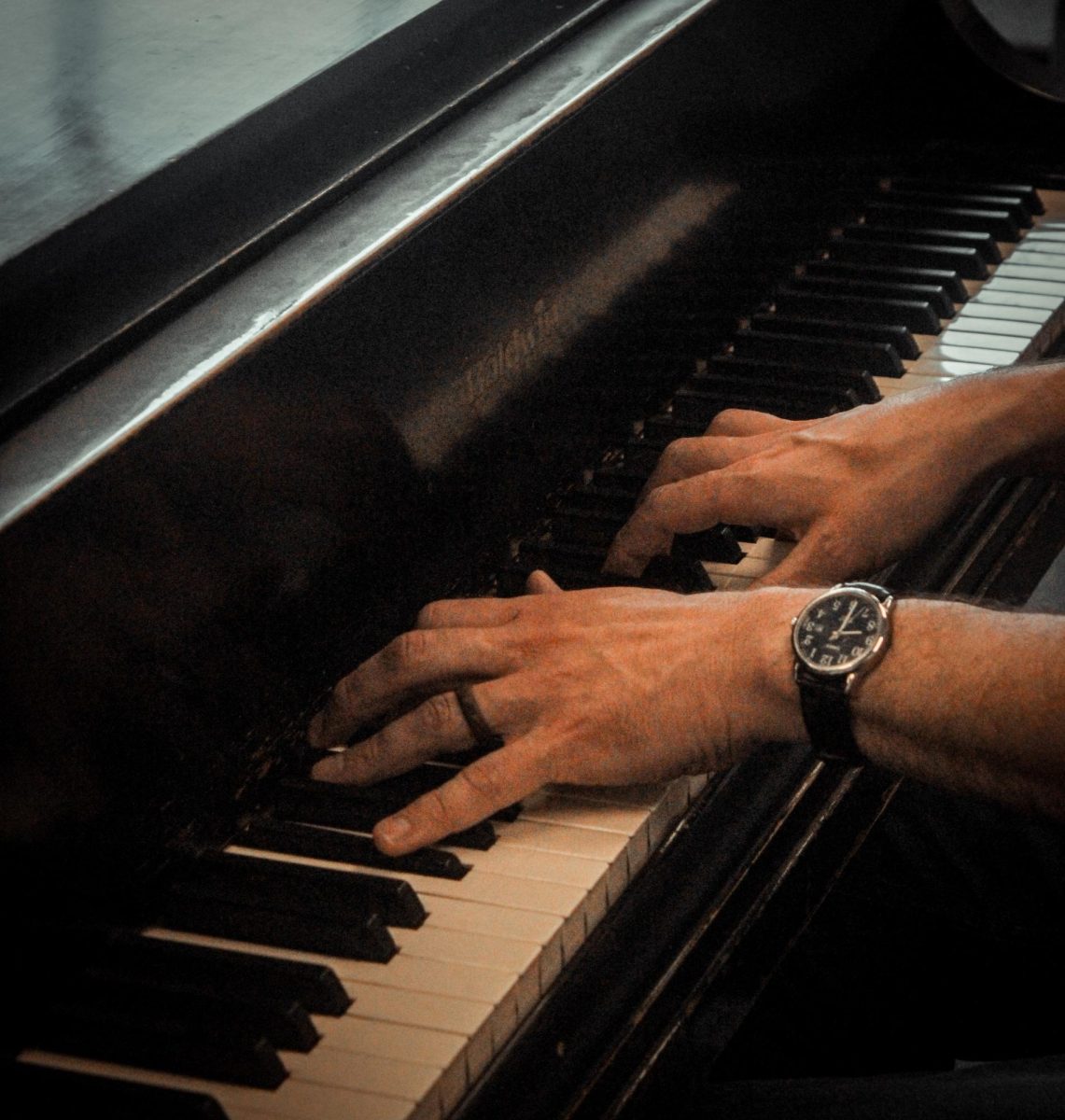

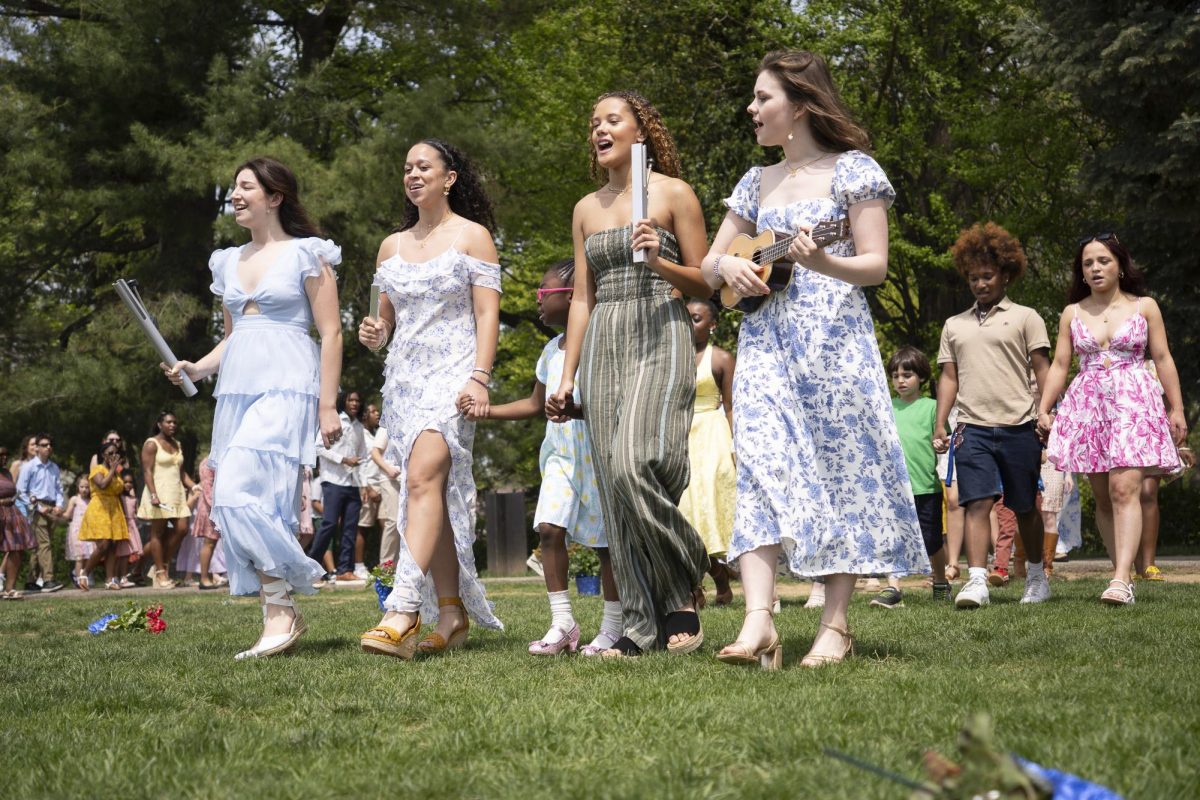
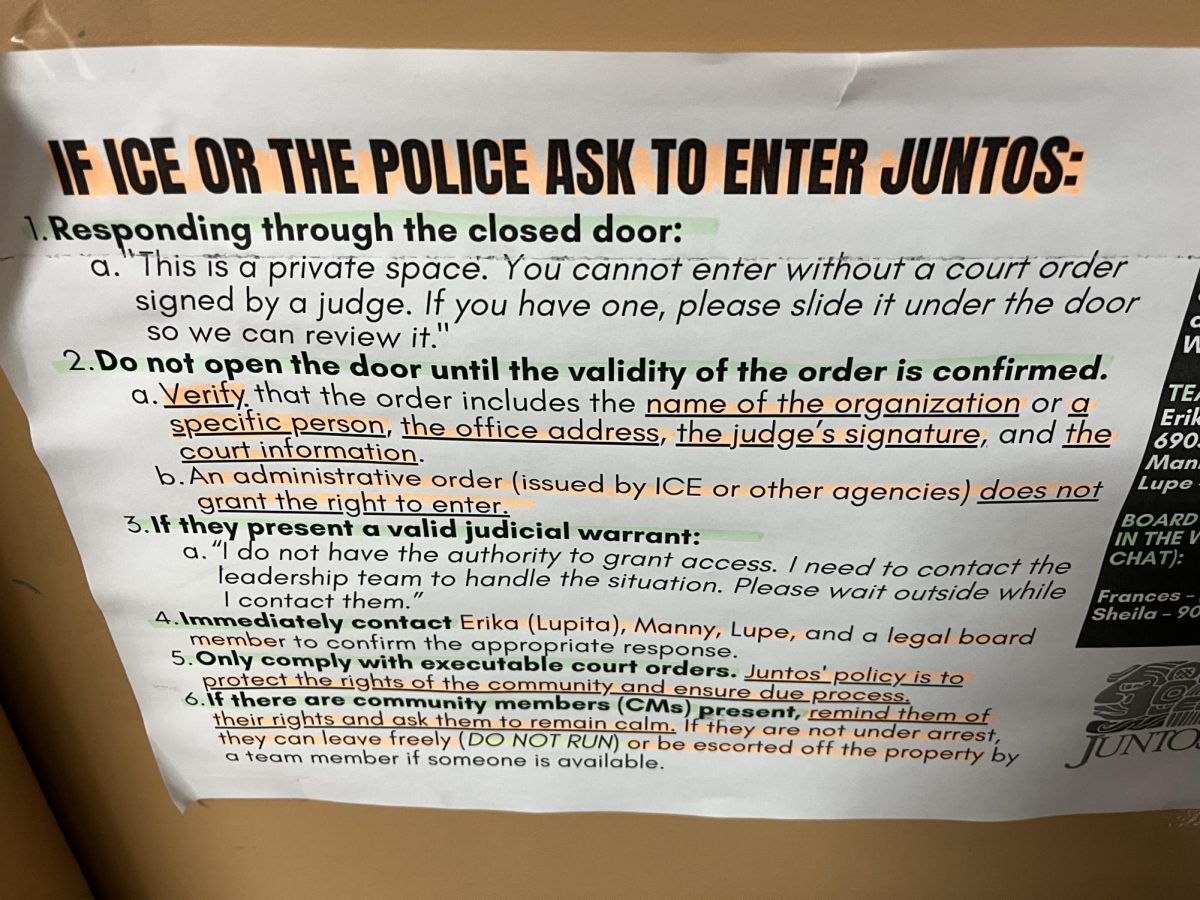
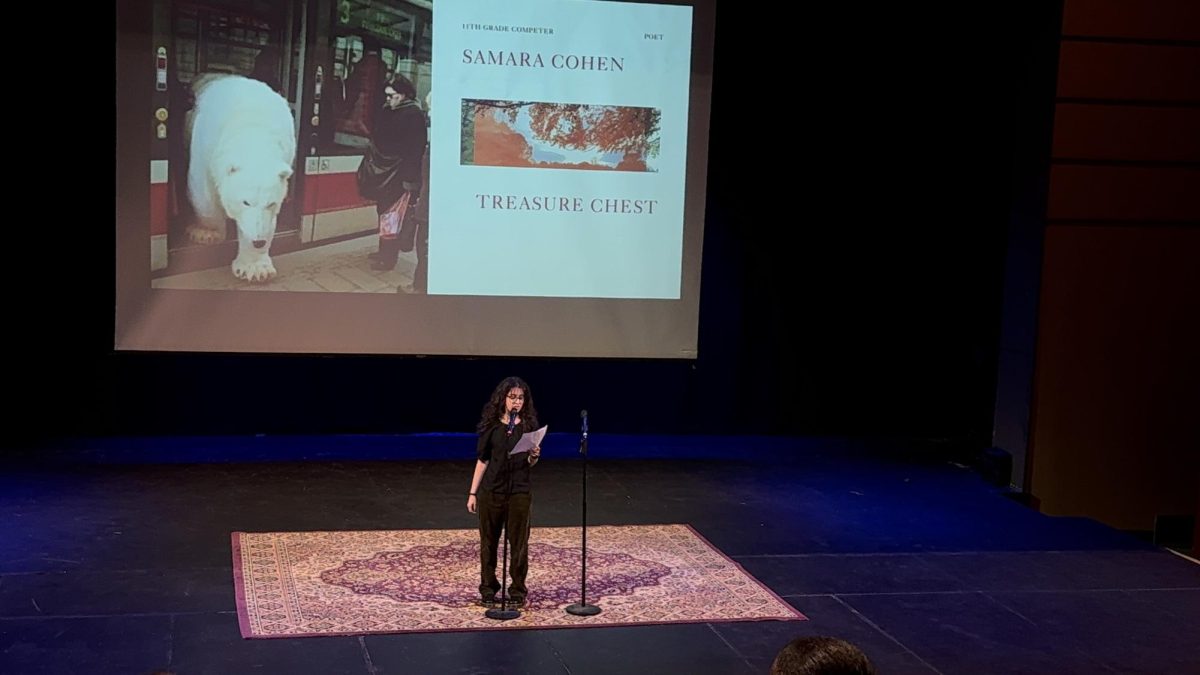
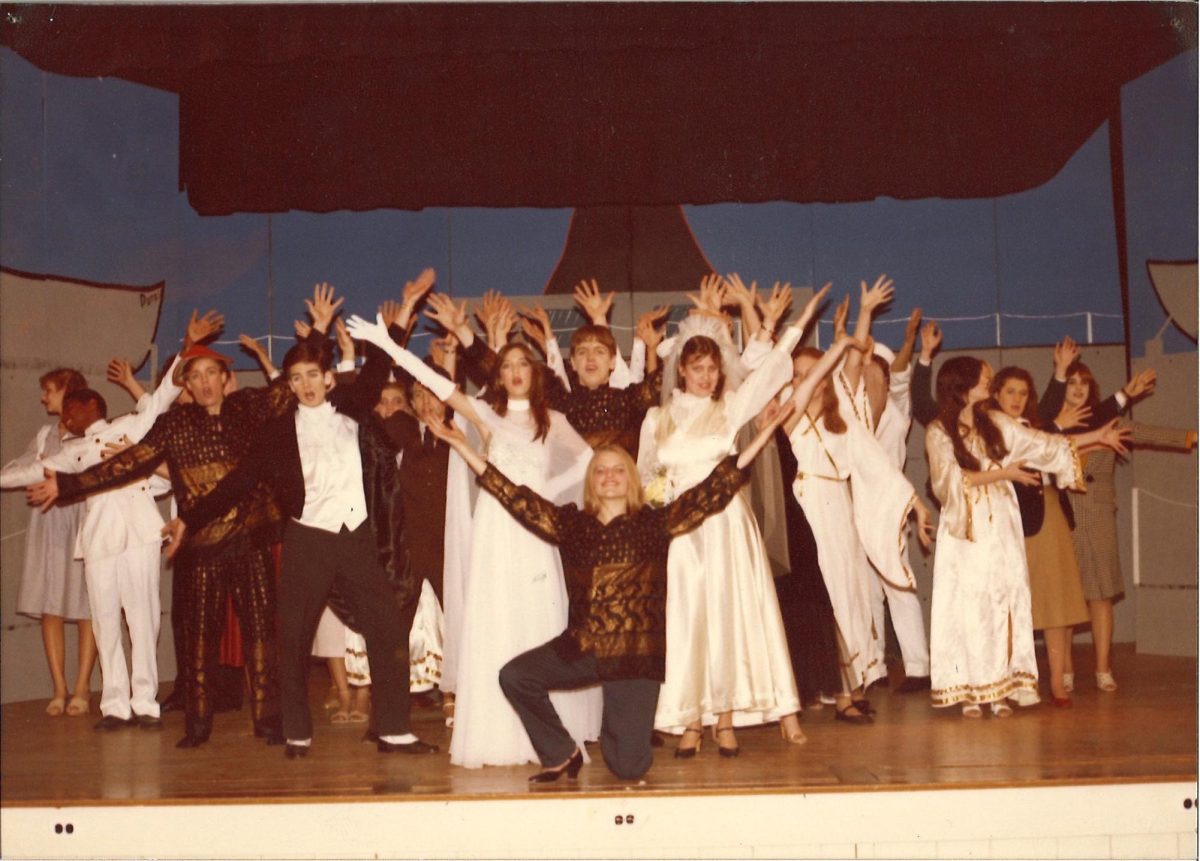



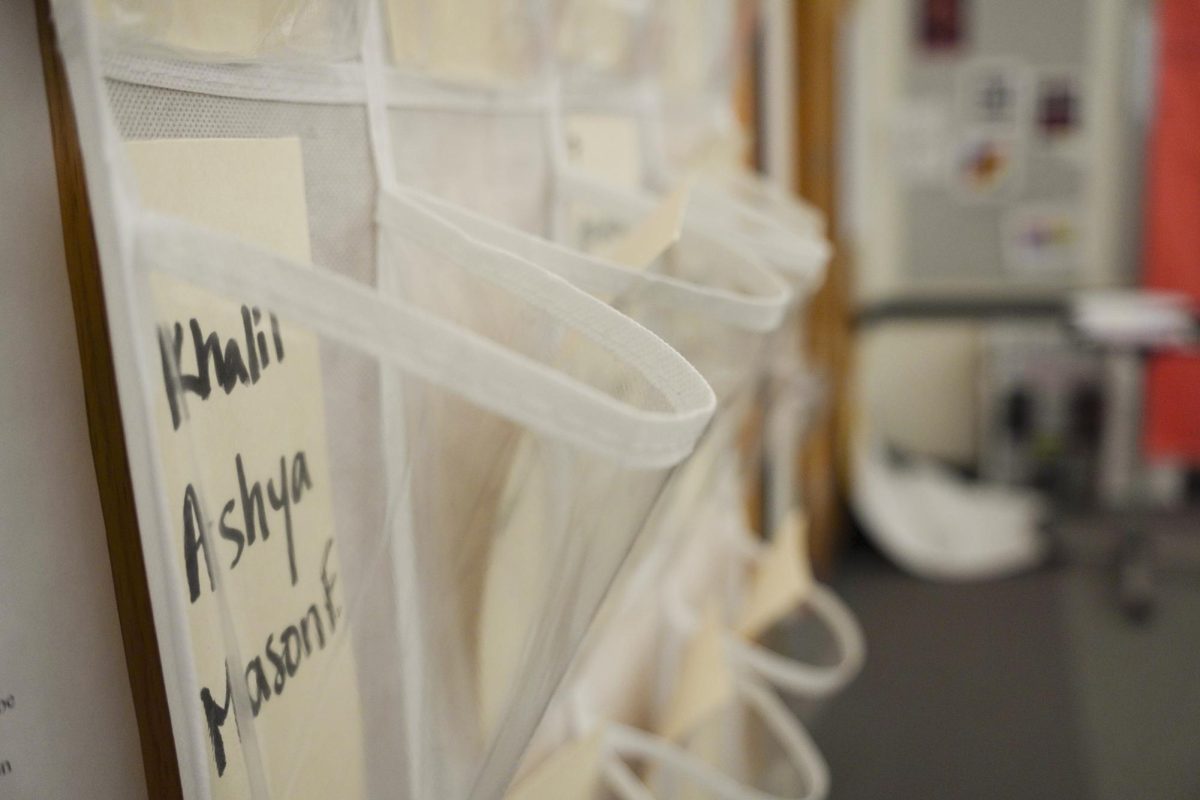
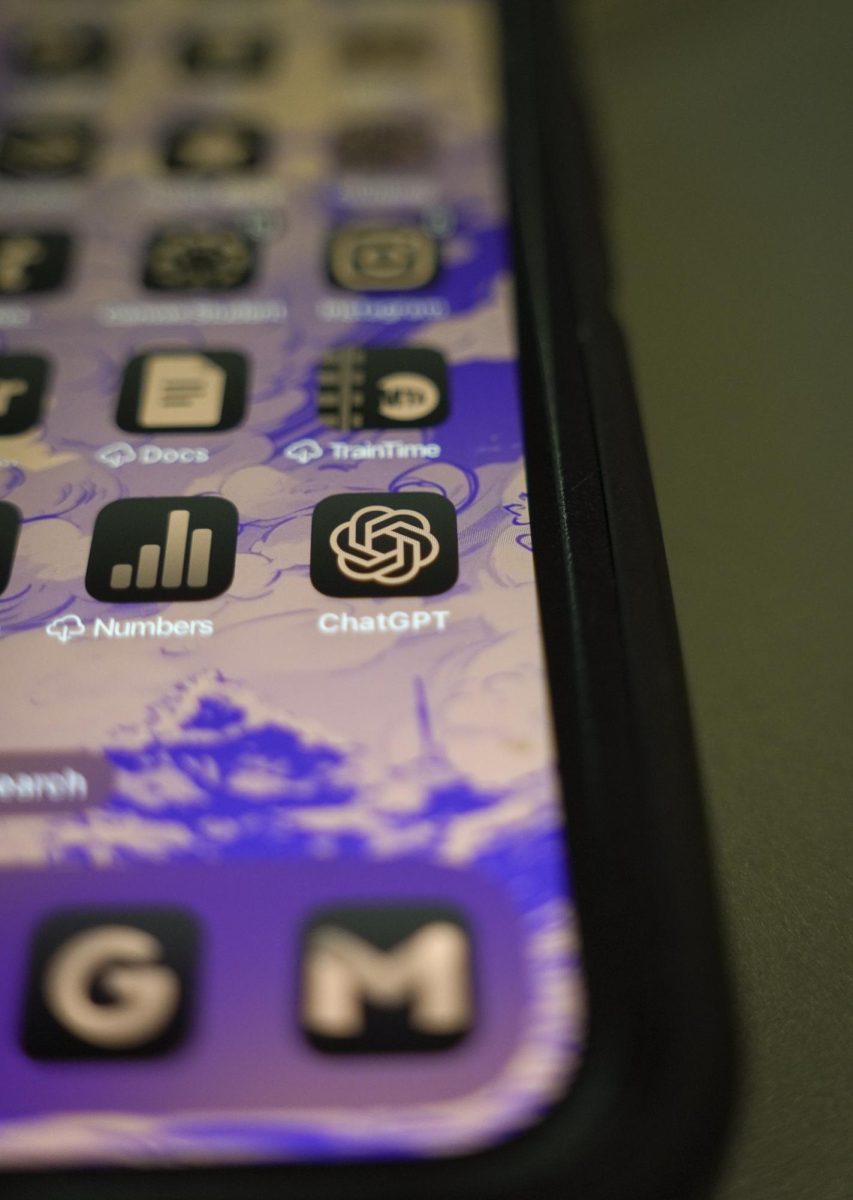
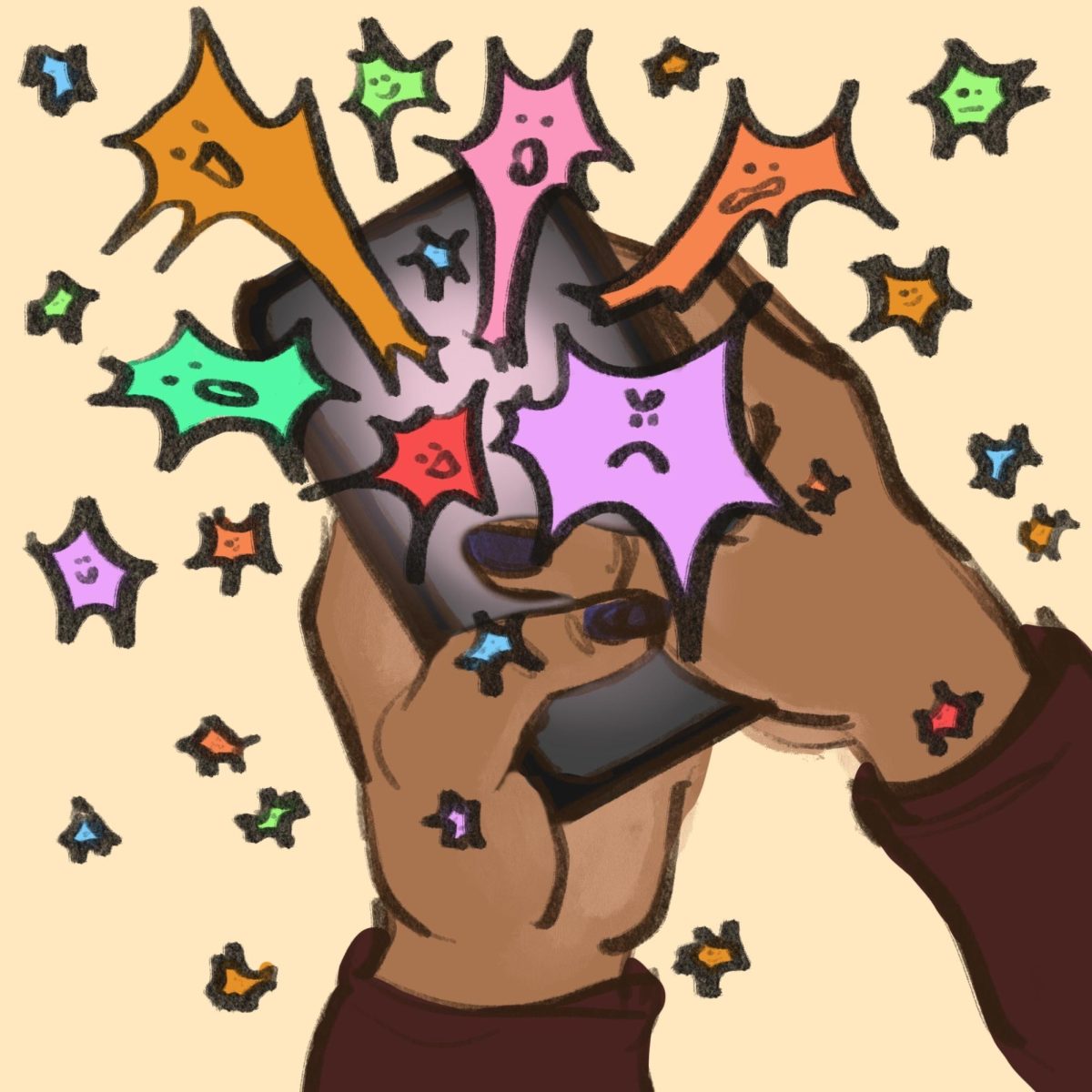

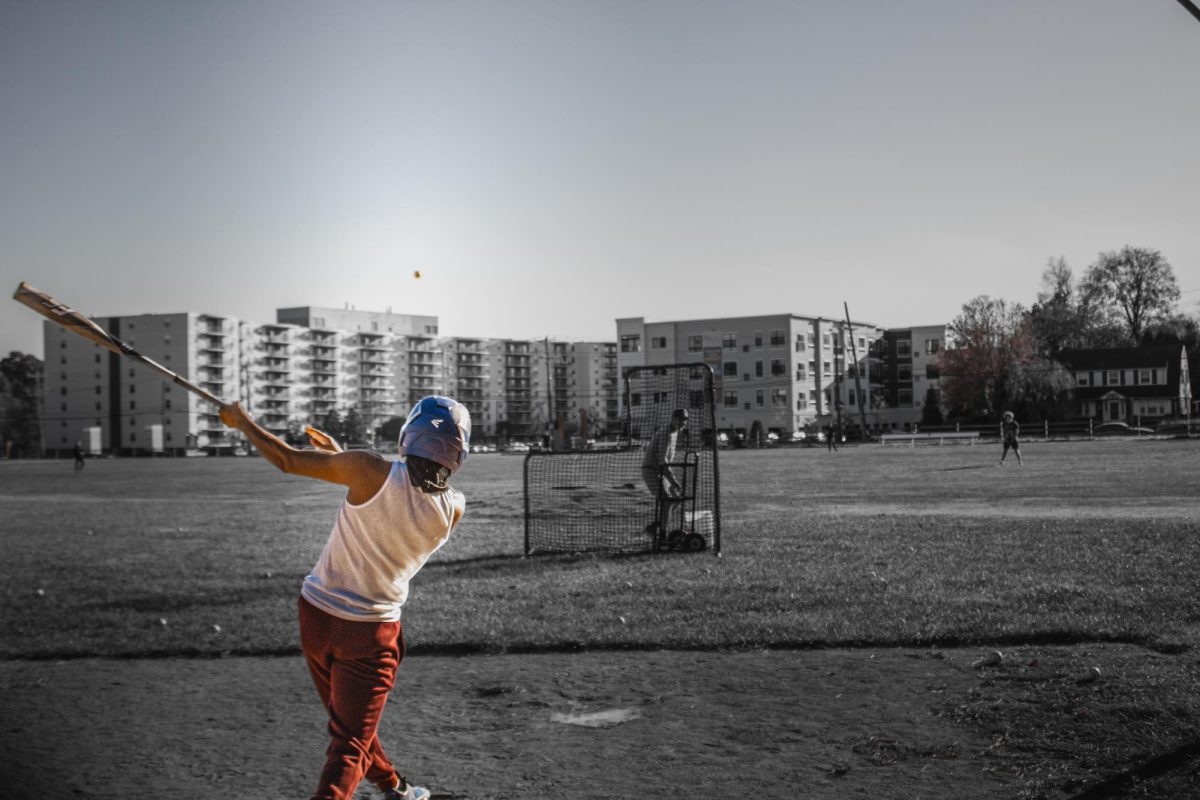
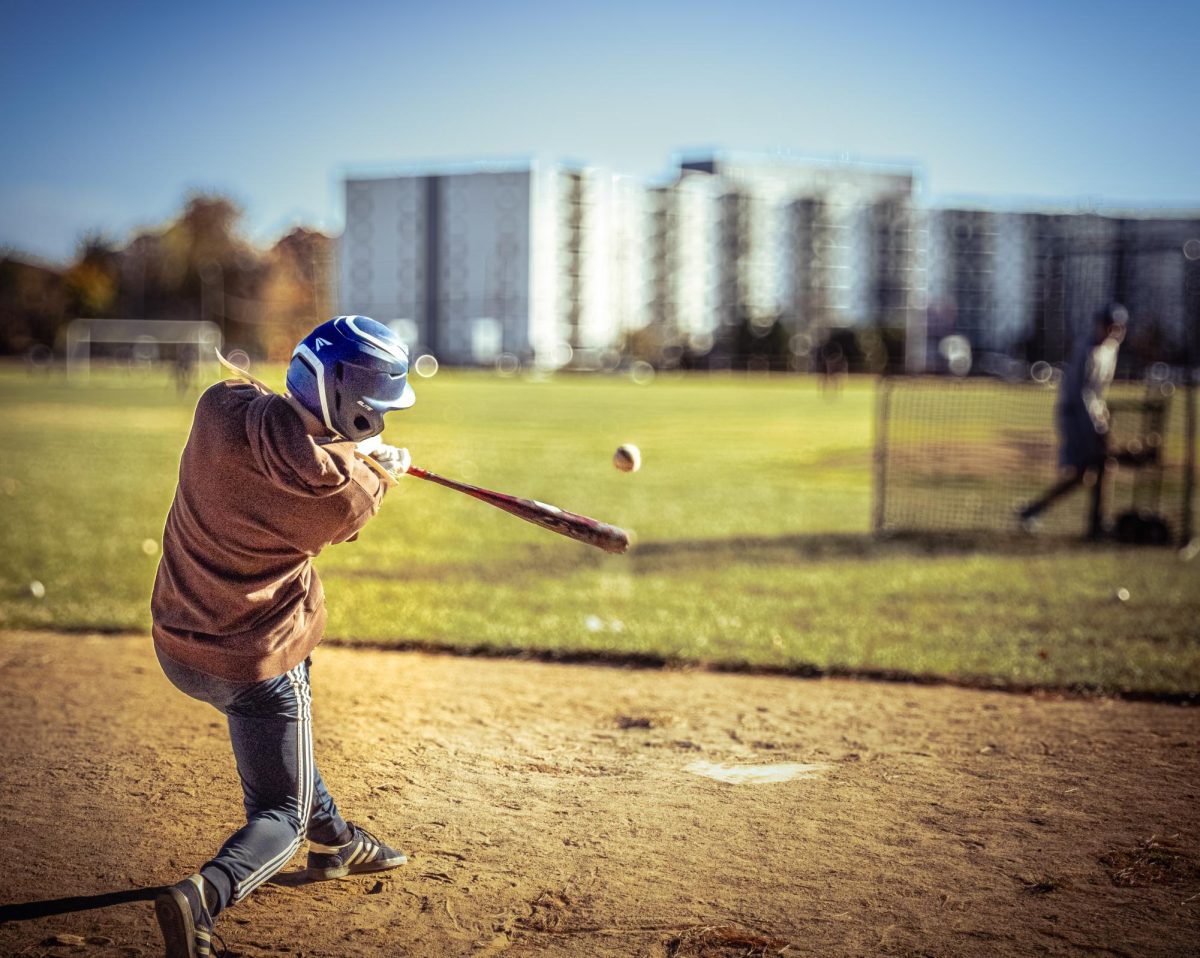
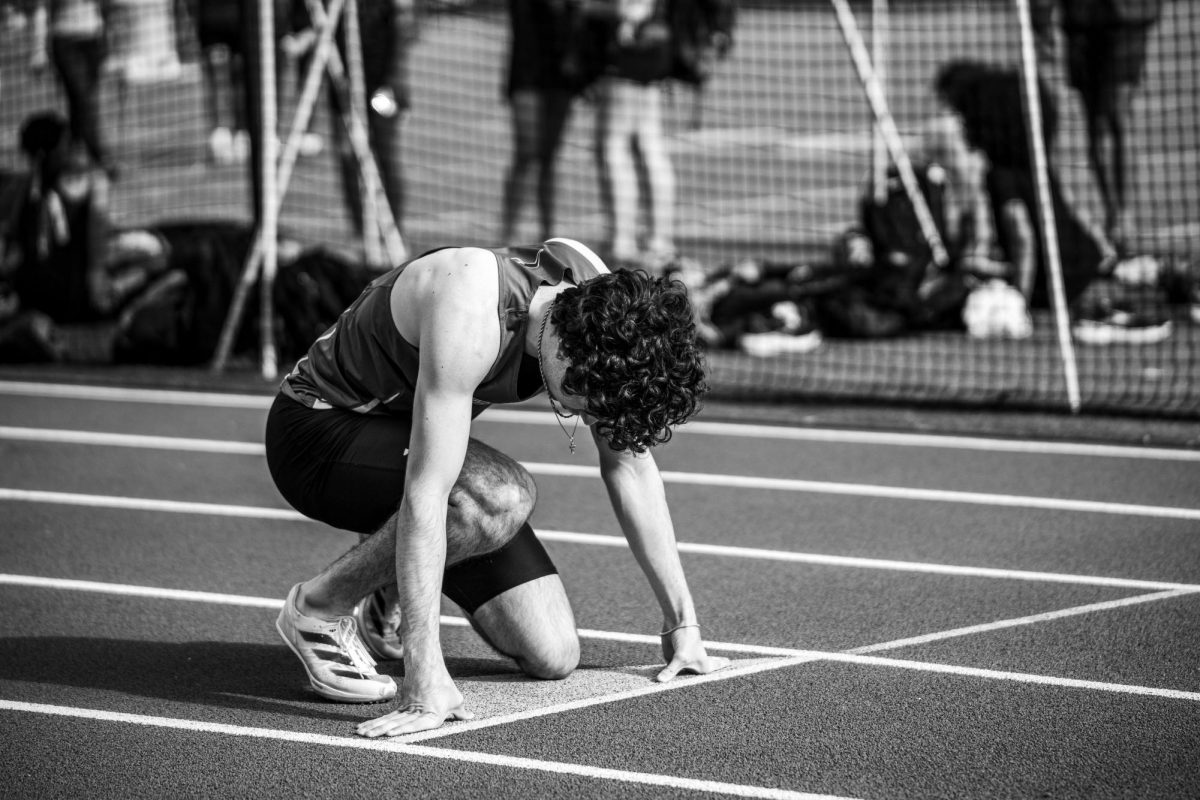
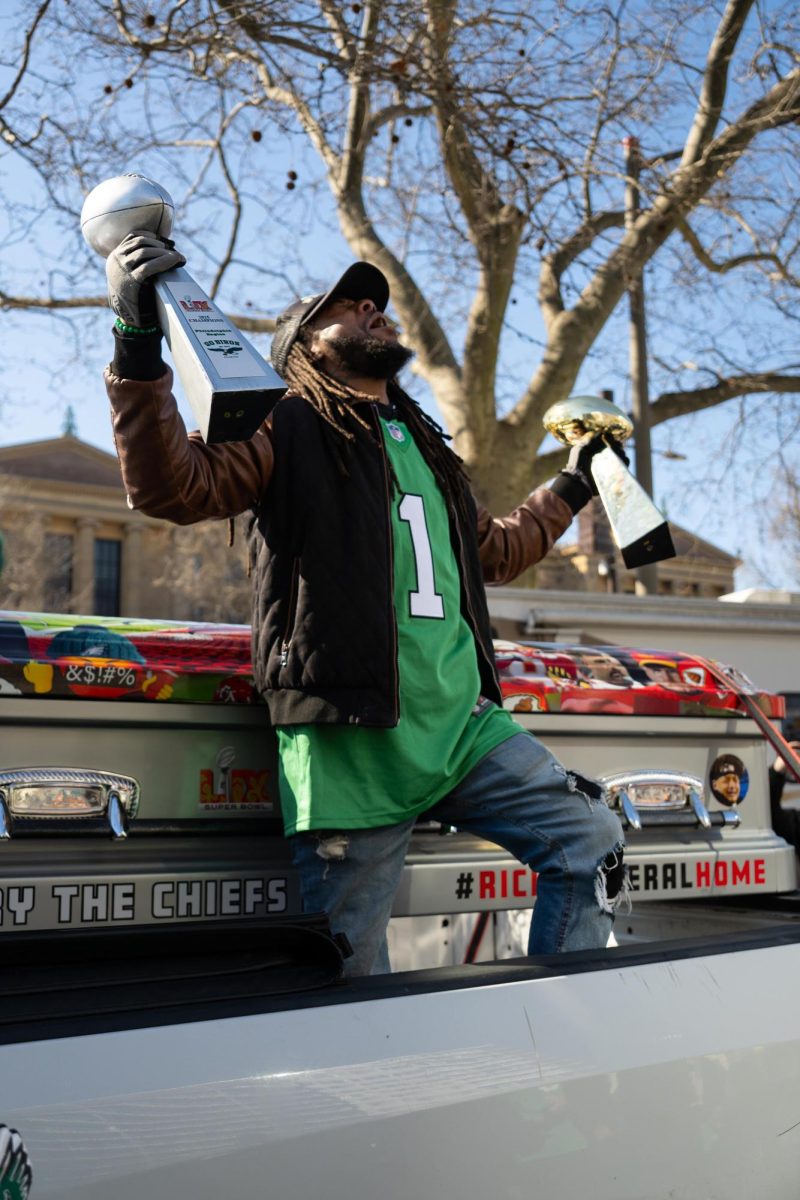
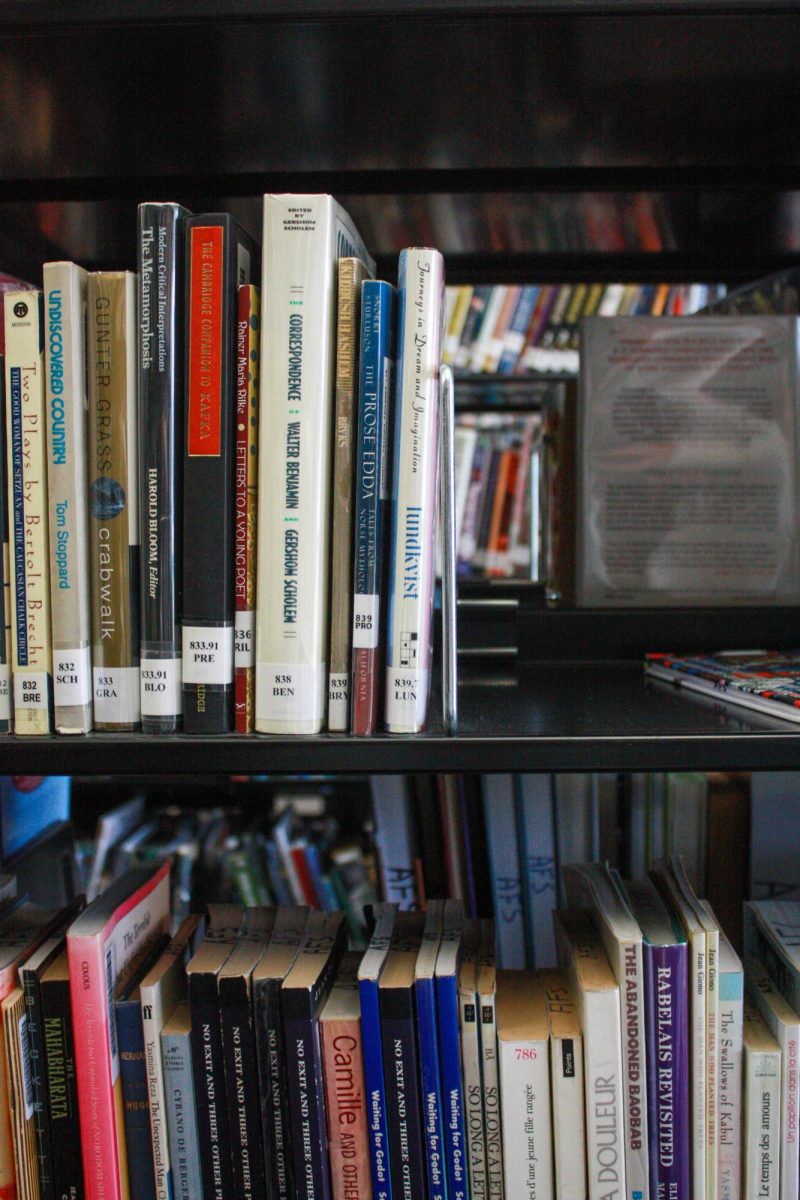
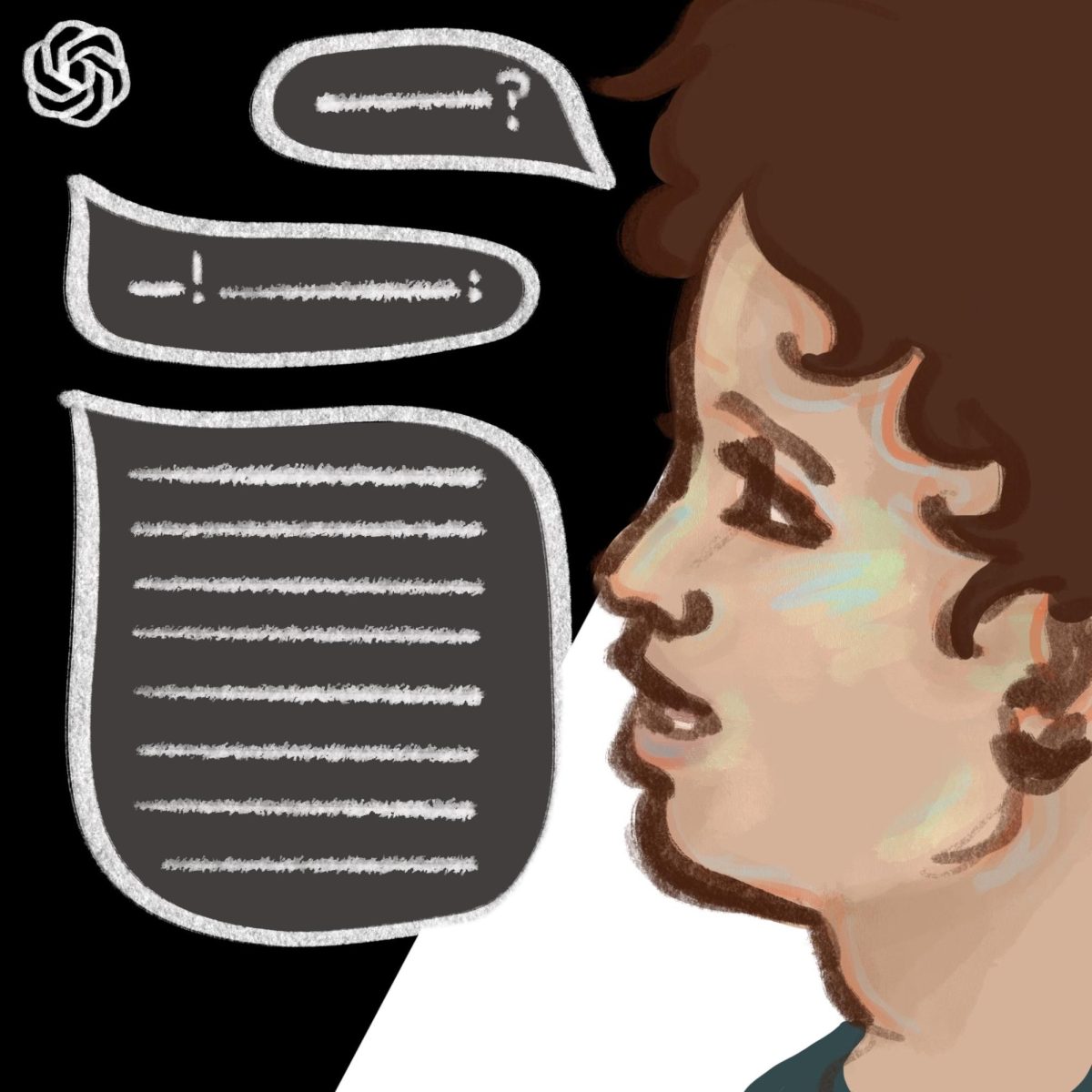
robbie • May 13, 2024 at 2:08 pm
I heavily agree with the perspective of this article. I have also witnessed the glorification of the “trench” lifestyle and even see people who don’t even live anywhere near those places pretending like they are. Something from this article that truly resonated with me is when Mikael Yisrael stated that most people feel like, “I have to be hood in order for me to be masculine.” Being from Northeast Philadelphia, people from there that I grew up with always make fun of me for how I speak, mainly because I try to avoid swearing and vulgarity and I don’t sound like everyone else in other ways too. People from other parts of philly, like uptown, have even said that the way that I speak makes me sound like I’m not straight, or not masculine. So that statement certainly resonated with me because my parents didn’t raise me to speak or act the way most people from philly do, so to even be accepted by these people I would have to pretend to be someone I’m not and forsake my home training.
Liam Hilliard • May 13, 2024 at 1:01 pm
I think it’s wise to preface this comment by making it absolutely clear that I don’t know what I’m talking about. I’m white, I was raised in an environment of privilege, and it has been a challenge to acknowledge the symbolic power that I’ve been granted due to the color of my skin. Really, it’s not my place to talk about this in any detail. I’ve had to deal with some struggle in my life, but none to a degree comparable to many black individuals. With that said, I agree with what this article has to say entirely. Growing up in any level of struggle isn’t really a good thing. Even when you escape the struggle, it’s an existence that leads straight to deep-seated self-hatred, bitterness, and sometimes survivor’s guilt. The romanticizing of struggle I’ve seen on and offline feels jarring and confusing and this article gets to the core of why – it erases the true issue of long-term struggle that many face and boils it down to “discipline” and this idea of being from “the hood.” It’s almost bizarre to watch as people see these media personalities’ existences somehow lead people to boil struggle down to the (debatably) positive results of it. Nobody deserves to go through the things that many do, and it’s incredibly disheartening to see the popular opinion begin to pivot to a wholly different concept of what struggle is. I haven’t experienced suffering in the same way that many have. But I’ve seen some smaller level of struggle of my own and I’ve most certainly seen how the things mentioned in this article hurt people.